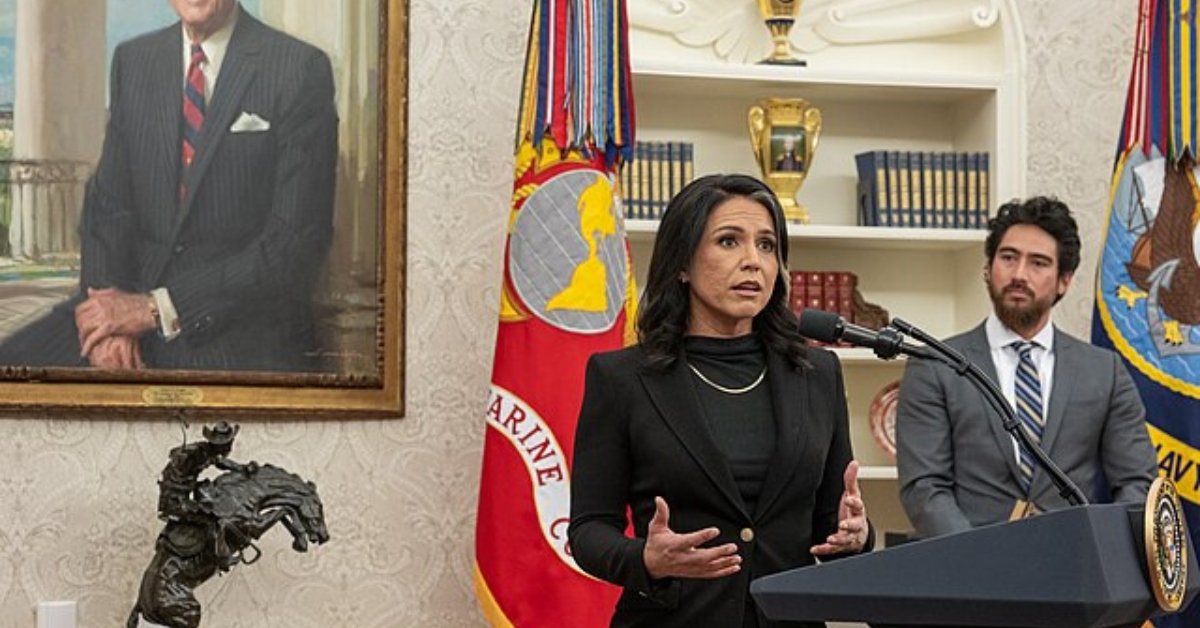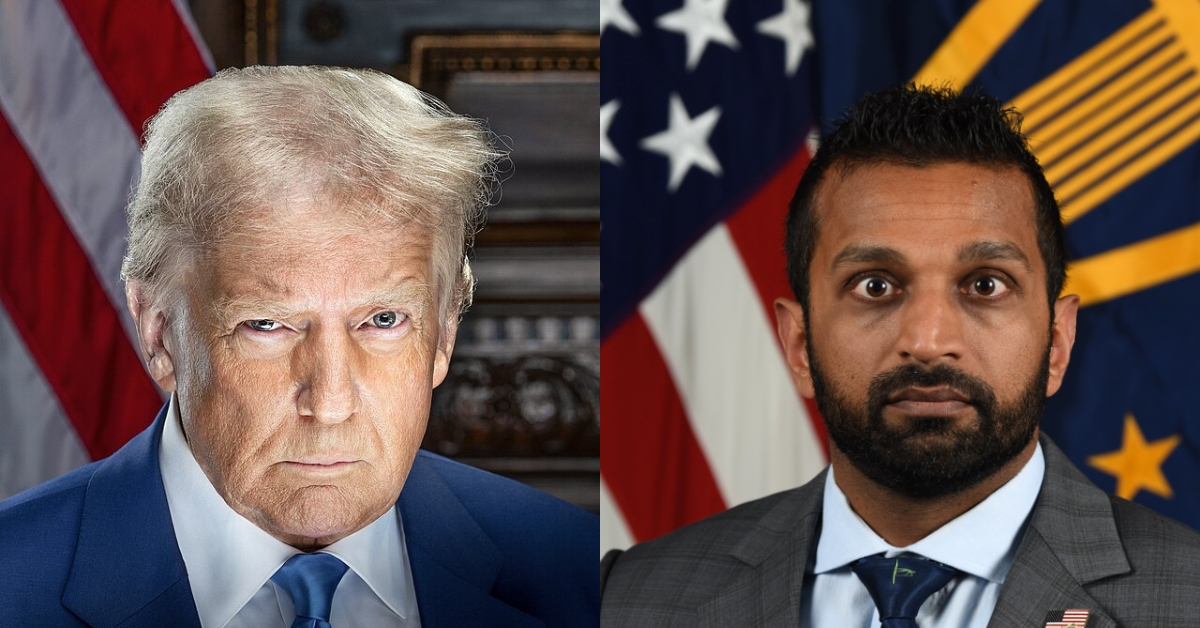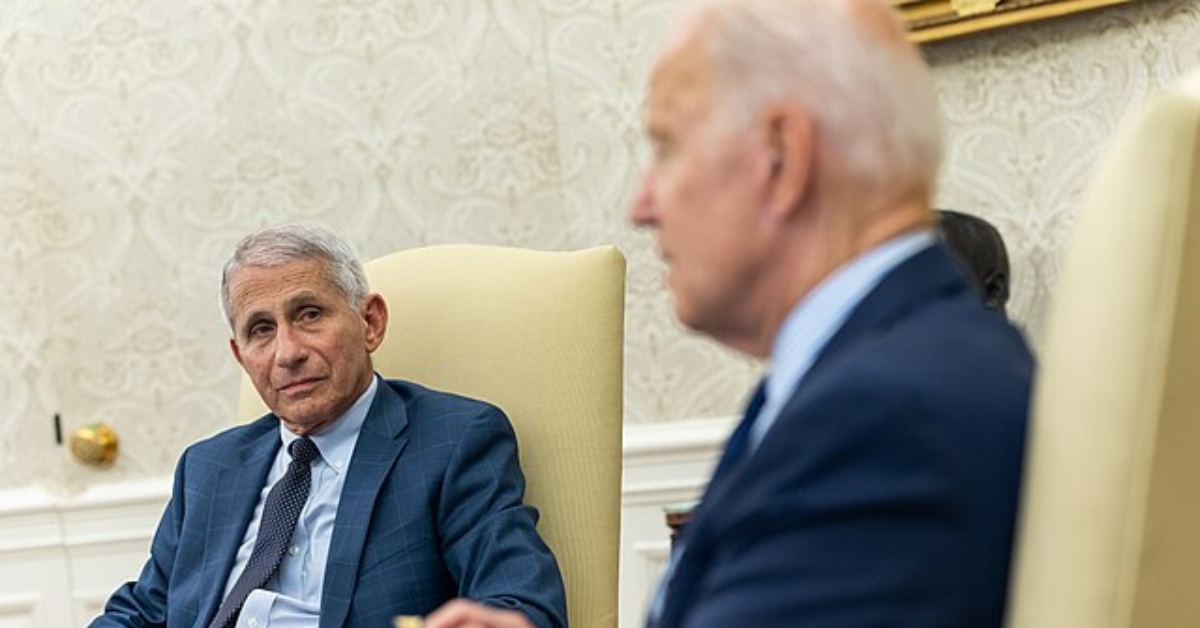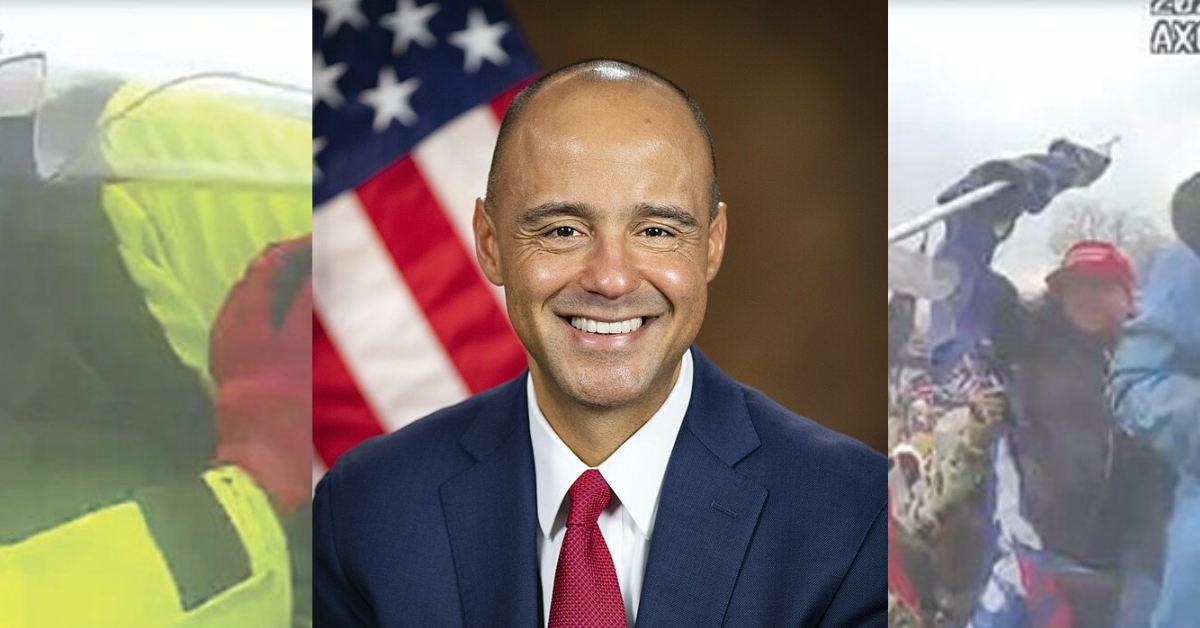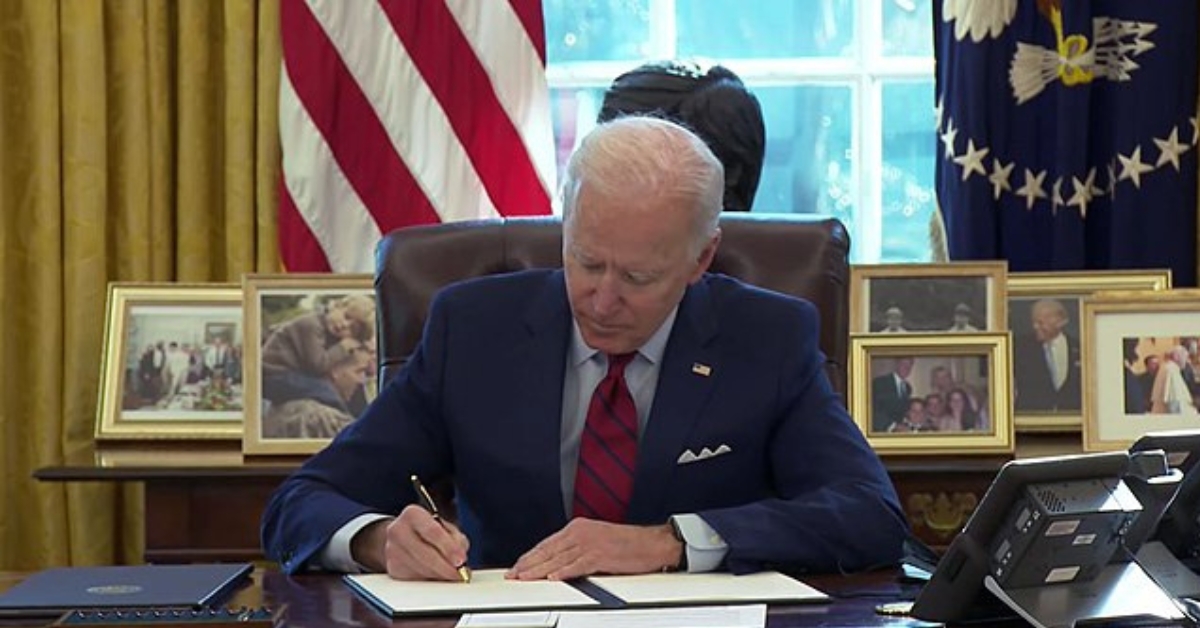
Former Obama Advisor Charged with Child Sex Offenses
The disturbing revelation that a former senior policy adviser to the Obama administration, Rahamim ‘Rami’ Shy, has been charged with child sex offenses in Britain underscores a troubling but all too familiar narrative about the kinds of moral failings that too often lurk beneath the polished veneer of elite political circles. Shy, 46, once a coordinator for the U.S. government’s counter-terrorism strategy against Al Qaeda and the Taliban, now faces grave accusations that starkly contrast his former role in national security.
The charges against Shy include arranging the commission of a child sex offense and possessing indecent and prohibited images of children. Despite his high-profile background, including a stint as an executive at the banking giant Citi and advisory roles at the U.S. Treasury and the Pentagon, his fall from grace has been sharp and public. This scenario is not merely a personal tragedy but a glaring example of how deeply the rot of corruption can set into the establishments supposedly tasked with leading and safeguarding our society.
The fact that someone with such intimate access to national and international security measures could be charged with such heinous acts should be a wake-up call about the character and integrity we must demand of our leaders and advisors. This incident should also serve as a stark reminder of the double standards and moral bankruptcy that can fester in the halls of power.
It’s a scandal all the more poignant because it involves someone who once wielded considerable influence over policies affecting global security. As the case progresses toward a trial in August, it stands as a testament to the necessity of rigorous ethical scrutiny and accountability in public service—not as exceptions but as imperatives.
Moreover, this case raises uncomfortable but necessary questions about the safeguards in place within our governmental and corporate institutions. How can we trust individuals in positions of such significant power and responsibility when they fail not just in legality but in basic human decency? This is a call to action, not only for justice in this case but for a thorough reevaluation of how we vet and monitor those given the most trust and the highest stakes. We must demand better, not only for the sake of potential victims but for the integrity of our institutions.
